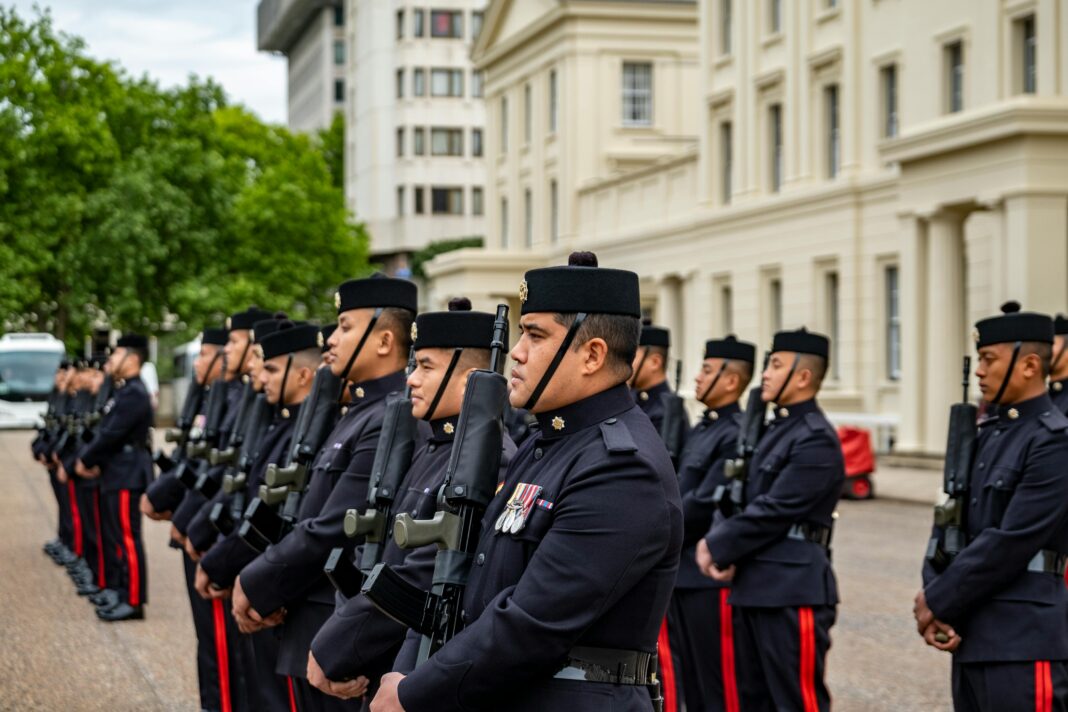Embarking on a career in the military as a nurse is a journey filled with challenges, growth, and profound opportunities to serve. For Ellie Degage and many others, the transition from cadet to commissioned officer in the Army Nurse Corps marks a significant milestone in their professional lives. This article delves into the intricacies of this journey, exploring the training, responsibilities, and leadership roles that come with commissioning as a Second Lieutenant in the Army Nurse Corps.
The Path to Commission
Ellie Degage’s path to commissioning as a Second Lieutenant in the Army Nurse Corps began with her enrollment in an Army Reserve Officers’ Training Corps (ROTC) program during her college years. This program provides comprehensive training in military leadership, tactics, and ethics, preparing aspiring nurses like Ellie for the challenges of military service.
Leadership Development
One of the key aspects of transitioning from cadet to commission is the development of leadership skills. Ellie undergoes rigorous training in decision-making, critical thinking, and communication, all essential qualities for effective leadership in the Army Nurse Corps. Through field exercises, leadership labs, and mentorship from experienced military personnel, Ellie hones her leadership abilities and prepares to lead teams of healthcare professionals in diverse and demanding environments.
Specialized Training in Military Nursing
As Ellie progresses in her training, she receives specialized education in military nursing practices. This includes learning about combat casualty care, triage procedures, emergency response protocols, and working in austere environments. Ellie also gains proficiency in using military-specific medical equipment and technology, ensuring she is well-equipped to provide high-quality care to service members and their families.
Commissioning Ceremony and Responsibilities
Upon successful completion of her training and education, Ellie participates in a commissioning ceremony where she takes the oath of office as a Second Lieutenant in the Army Nurse Corps. This ceremony marks the official beginning of her service as a commissioned officer, with responsibilities that include:
Clinical Leadership: Ellie assumes leadership roles within military healthcare facilities, overseeing nursing teams, coordinating patient care, and ensuring adherence to military medical standards.
Operational Support: Ellie may be deployed to various locations worldwide, providing medical support during military operations, humanitarian missions, or natural disasters. She collaborates closely with other military branches and allied healthcare providers to deliver comprehensive healthcare services.
Training and Mentorship: Ellie plays a vital role in training and mentoring junior nurses, sharing her knowledge and experiences to enhance the capabilities of the nursing workforce within the Army Nurse Corps.
Challenges and Rewards
Transitioning from cadet to commissioned officer in the Army Nurse Corps comes with its share of challenges and rewards. Ellie faces the demands of balancing clinical responsibilities, military obligations, and personal development. She learns to adapt quickly to dynamic and often unpredictable situations, relying on her training, teamwork skills, and resilience to overcome challenges.
However, the rewards of serving as an Army nurse are profound. Ellie experiences a sense of pride and fulfillment in serving her country and making a meaningful impact on the lives of service members and their families. She becomes part of a supportive and close-knit community of healthcare professionals dedicated to upholding the highest standards of care and professionalism.
A Journey of Service and Commitment
The transition from cadet to commission as a Second Lieutenant in the Army Nurse Corps represents a transformative journey for Ellie Degage and countless others. It is a journey of service, leadership, and commitment to excellence in healthcare delivery. Through rigorous training, specialized education, and a dedication to the values of the Army Nurse Corps, Ellie embraces her role as a leader and caregiver in the military healthcare system, making a difference in the lives of those she serves.
